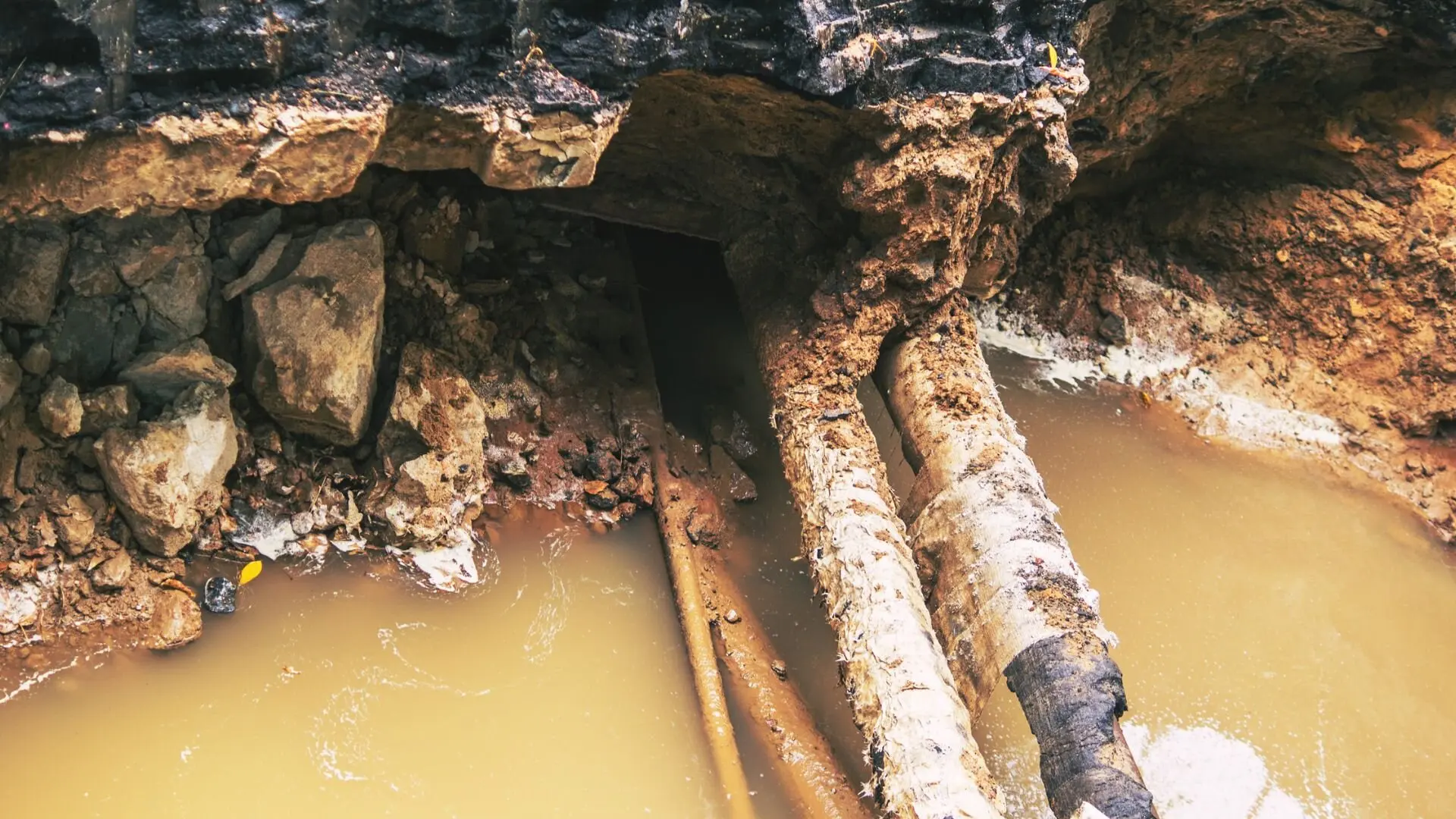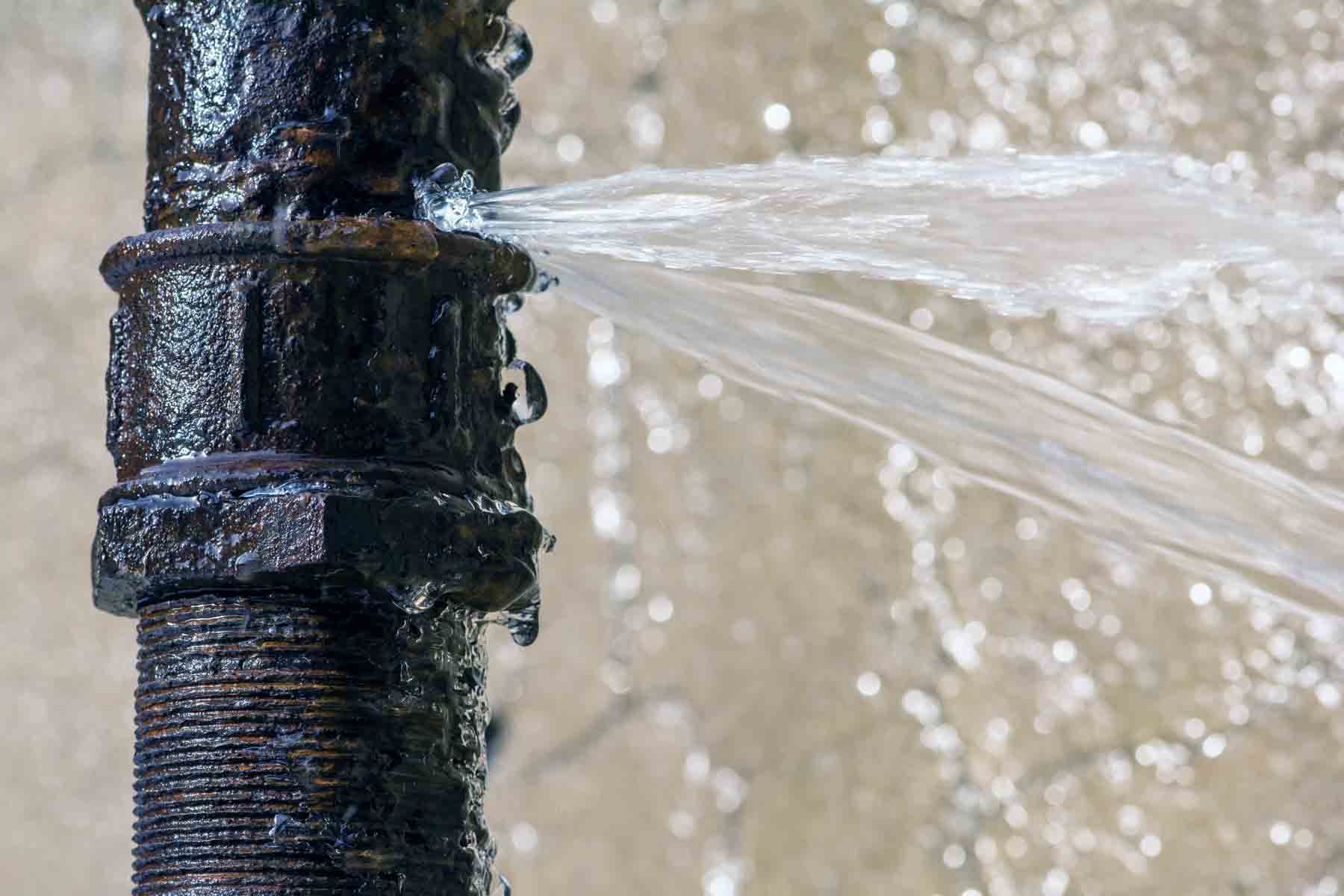Burst Pipe Repair: Professional Solutions to Minimize Damage and Costs
Burst Pipe Repair: Professional Solutions to Minimize Damage and Costs
Blog Article
Protecting Against Burst Pipeline: Important Tips to Shield Your Plumbing
Stopping burst pipelines is a critical worry for property owners, particularly throughout cooler months when the threat of freezing is increased. Carrying out calculated measures such as correct insulation, routine examinations, and keeping consistent interior temperature levels can substantially lower the likelihood of pipe failing. Additionally, recognizing emergency treatments outfits homeowners to respond quickly to prospective plumbing concerns. Many are uninformed of the details susceptabilities that their pipes may deal with. Checking out these susceptabilities can provide important understandings right into safeguarding your plumbing system successfully.
Understand Pipeline Vulnerabilities
Understanding pipeline vulnerabilities is important for efficient plumbing upkeep and protecting against pricey damages. A number of elements add to the vulnerability of pipelines to bursts, consisting of product make-up, age, and ecological conditions. Older pipes, particularly those made from galvanized steel or polybutylene, commonly deteriorate over time, bring about increased danger of ruptures and leaks.
Temperature level variations can also considerably influence pipe stability. In chillier climates, water entraped in pipes can freeze, broadening and exerting stress on the pipe wall surfaces, which may inevitably result in a ruptured. High water stress can stress pipes, particularly at bends and joints, increasing the likelihood of failure.

Insulate Water Lines Correctly
Correct insulation of pipes is important for stopping freezing and subsequent ruptureds during winter (burst pipe). Insulating your pipes system efficiently safeguards against temperature level goes down that can result in expensive damage. Begin by identifying susceptible areas where pipelines are exposed to outside temperatures, such as basements, attics, and outside walls
Usage foam pipe insulation sleeves or wrap insulation tape around these locations to give a protective barrier. Make certain that all areas of the pipes, particularly those with limited warm exposure, obtain ample insulation. Pay special focus to fittings and joints, as these are much more at risk to cold.
When shielding, it's necessary to pick products that fulfill regional building ordinance and are proper for the details environment. Fiberglass insulation is typically recommended for its thermal resistance residential or commercial properties. In addition, consider making use of warmth cords or tape in extreme conditions, which can be connected in to supply supplementary warm
Consistently examine shielded pipelines for any kind of indicators of wear or damages, as compromised insulation can diminish its efficiency. By taking these proactive measures, you substantially decrease the danger of pipeline ruptureds, making certain a reputable plumbing system throughout the winter season.
Maintain Constant Temperature Level
A stable indoor temperature is vital for avoiding burst pipelines throughout the frigid months. When temperatures drop, water within pipelines can ice up, increasing and producing pressure that may eventually trigger the pipes to burst.Using a programmable thermostat can aid handle indoor temperatures efficiently, making sure that areas with plumbing stay cozy even when the house is unoccupied.
Furthermore, it is sensible to enable taps to leak a little throughout severe cold snaps. This minor circulation of water can avoid cold by alleviating stress within the pipelines. Furthermore, during particularly extreme weather condition occasions, consider briefly suspending any type of nighttime obstacles on your thermostat to maintain a constant warm environment. By executing these approaches, home owners can dramatically decrease the threat of pipe ruptureds and safeguard their pipes systems versus the extreme winter aspects.
Consistently Examine Pipes
Routine inspections of plumbing systems are essential for protecting against ruptured pipes and keeping total home honesty. During these assessments, it is crucial to analyze noticeable pipes for indicators of deterioration, leakages, or put on.
Additionally, checking joints and links is vital, as these points are often prone to leaks. House owners ought to also assess water pressure levels, as extreme pressure can stress the pipes system and boost the danger of pipeline bursts.
Consider organizing expert pipes inspections at the very least annually, particularly before winter season, to guarantee your system is prepared for colder temperature levels. Regular assessments not just assist in recognizing instant problems however click here for more info likewise foster long-lasting upkeep strategies that can enhance the life-span of your pipes system. By being aggressive in your strategy, you can secure your home versus the disruptive and costly consequences of burst pipes. Prioritizing plumbing evaluations is a financial investment in your home's health and wellness and security.
Know Emergency Situation Treatments
Understanding emergency situation treatments is vital for every home owner, particularly after performing regular pipes assessments. Being prepared for a pipes emergency situation can dramatically alleviate damages and save prices.
Following, maintain vital tools useful. A pipes emergency package should consist of a wrench, bettor, and towels, along with a flashlight and my company a container for small leaks. In addition, consider having the contact info for a trusted plumbing conveniently offered, should the circumstance escalate beyond your control.
If you discover a leakage or burst pipeline, immediately turn off the water system and alert your plumbing. Additionally, record the damages with photos for insurance coverage functions. burst pipe. Understand the indicators of potential plumbing problems, such as uncommon water pressure variations or damp spots on walls
Ultimately, aggressive expertise and swift action are crucial in taking care of plumbing emergency situations, ensuring your home stays protected and lessening possible damage.

Conclusion
To conclude, stopping burst pipelines demands a multifaceted strategy that includes understanding pipe vulnerabilities, proper insulation, keeping consistent interior temperatures, routine assessments, and expertise of emergency situation procedures. By implementing these my latest blog post essential techniques, the danger of pipes failures can be significantly lowered, therefore making sure the longevity and effectiveness of the pipes system. Proactive steps not only guard versus possible damages but also add to overall water preservation and the defense of residential or commercial property.
In chillier climates, water entraped in pipes can ice up, broadening and exerting pressure on the pipe walls, which may ultimately lead to a burst. When temperatures decline, water within pipelines can ice up, increasing and producing pressure that might ultimately trigger the pipes to ruptured. By applying these approaches, property owners can significantly decrease the threat of pipe bursts and protect their plumbing systems versus the rough winter season aspects.

Report this page